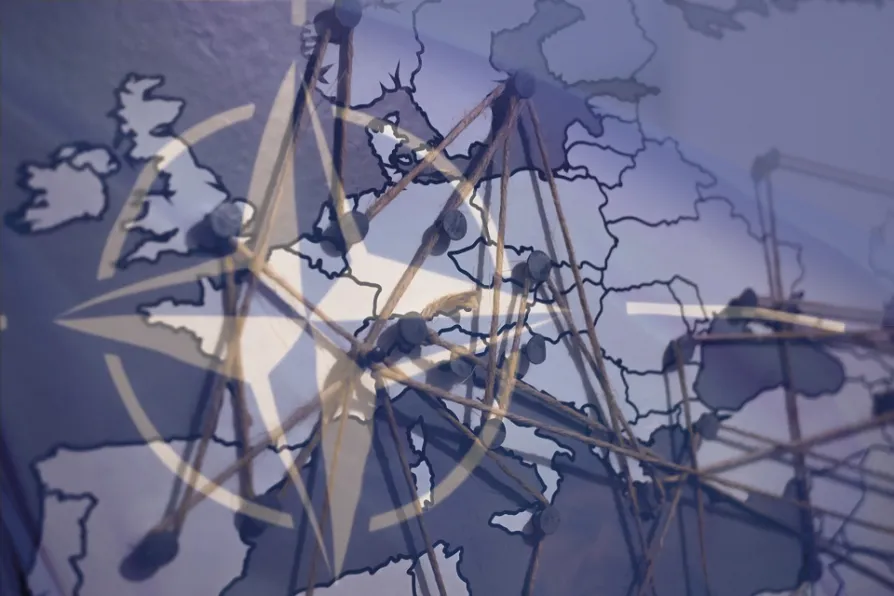Labour prospects in May elections may be irrevocably damaged by Birmingham Council’s costly refusal to settle the year-long dispute, warns STEVE WRIGHT


KEIR STARMER in part justified his warmongering over Ukraine by underlining that the 1945 Labour government was in 1949 one of the founding signatories of Nato.
Not welcomed by many on the left either then or now, it marked a significant moment in the cold war between the US and the USSR.
Although it was framed as a defensive alliance, it first came to life during the Korean war, one of a number of conflicts in the cold war that took place outside Europe.

Who you ask and how you ask matter, as does why you are asking — the history of opinion polls shows they are as much about creating opinions as they are about recording them, writes socialist historian KEITH FLETT

While Hardie, MacDonald and Wilson faced down war pressure from their own Establishment, today’s leadership appears to have forgotten that opposing imperial adventures has historically defined Labour’s moral authority, writes KEITH FLETT

Research shows Farage mainly gets rebel voters from the Tory base and Labour loses voters to the Greens and Lib Dems — but this doesn’t mean the danger from the right isn’t real, explains historian KEITH FLETT

Speaking to a CND meeting in Cambridge this week, SIMON BRIGNELL traced how the alliance’s anti-communist machinery broke unions, diverted vital funds from public services, and turned workers into cannon fodder for profit










